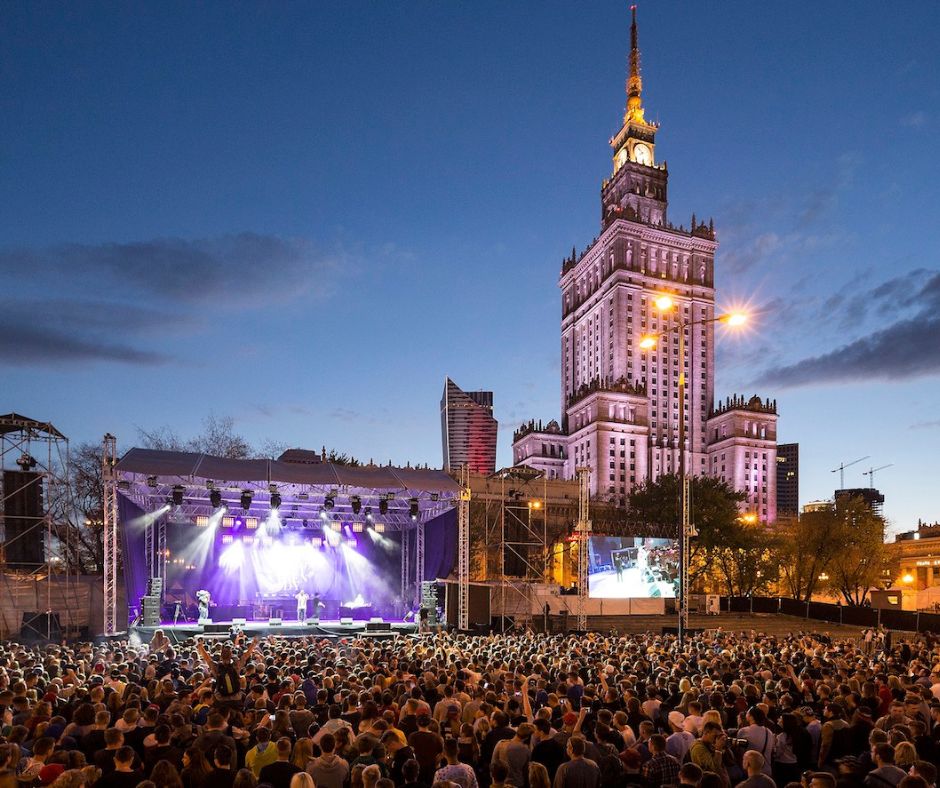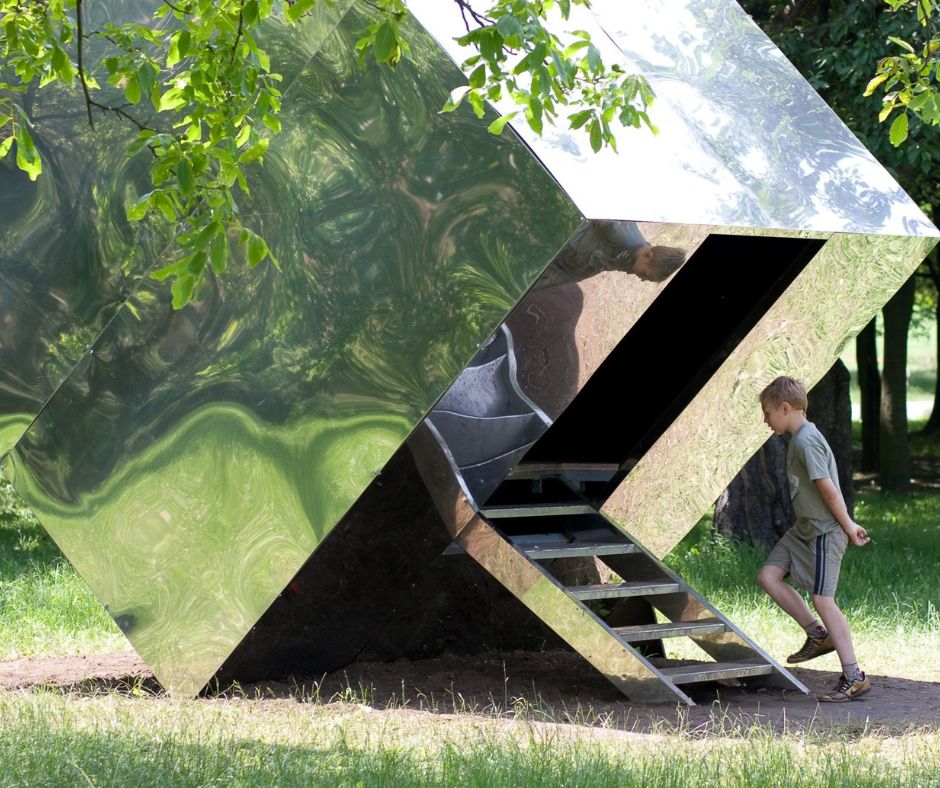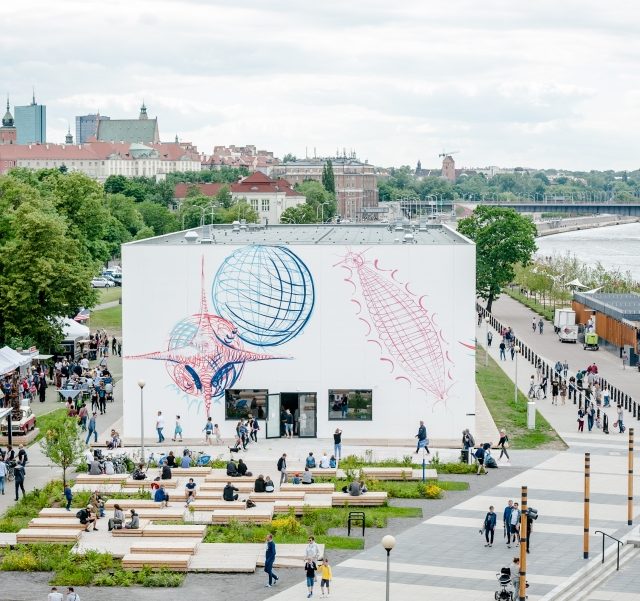Cultural Policy in Warsaw
Warsaw is the capital and largest city of Poland and has a growing and diverse population of 1.8 million people

Cultural policy
The cultural policy of the city of Warsaw is founded on five core interconnected values: diversity, openness, responsibility, freedom, and cultural grounding. The city’s priorities include preserving culture as a space for freedom and imagination, recognizing culture as an educational tool that shapes competencies and attitudes, and giving culture a central role in creating a harmonious social and natural environment.
Warsaw manages a portfolio of municipal cultural institutions and several new developments. The city operates over 30 cultural institutions, including 17 theatres, four museums (such as the POLIN Museum of the History of Polish Jews and the Warsaw Uprising Museum), the Sinfonia Varsovia Orchestra, and others. The cultural infrastructure is continuously being modernized, with new venues like Sinfonia Varsovia, TR Warszawa Theatre, and the brand-new Museum of Modern Art Warsaw (MSN Warsaw) building. Its opening in October 2024 marked a significant milestone in the city’s cultural development. Additionally, the city has recently undergone a complex process aimed at establishing a new cultural institution. In response to the clear lack of space for dance and performing arts in Warsaw’s cultural landscape, the Pavilion of Dance and Other Performing Arts is being created.
A well-established ecosystem of social and cultural NGOs operates with financial support from the city. As the epicenter of Poland’s creative industries, Warsaw hosts a diverse array of professionals and leaders across established sectors such as audiovisual media, as well as fast-growing industries like gaming and music. Furthermore, Warsaw pays great attention to individual creators and freelancers, providing various forms of support, including scholarships.
Cultural programmes
As Poland’s capital, Warsaw faces a variety of external threats, from the war across its eastern border and its impact on migration and the economy to broader geopolitical instability and the climate crisis. In this context, ensuring the safety and resilience of the population has become a top priority. Nevertheless, as culture is increasingly recognized as a vital tool for fostering civic engagement and universal competencies, Warsaw continues to invest in strengthening the sector, allocating funds to public, NGO, and private initiatives.
One of the city’s key priorities is to broaden cultural participation by engaging new audiences, encouraging residents to co-create cultural experiences, and ensuring access to culture for all – both within and beyond institutional settings. This includes breaking down economic and infrastructural barriers and facilitating cultural activities close to residents’ homes, in line with the “15-minute city” concept.

Cultural heritage and infrastructure
With a history spanning nine centuries, Warsaw has continuously reinvented itself. Once a diverse and multicultural city, it was nearly destroyed during World War II but painstakingly rebuilt, reclaiming its central role in Poland and reaffirming its identity. Marked by its openness, Warsaw has long welcomed newcomers from across Poland and beyond. Today, the city is home to over 1.8 million residents, including a significant number of Ukrainians, Belarusians, Vietnamese, and people of many other nationalities. In the capital, cultural heritage – including the historic Warsaw Old Town, a UNESCO World Heritage Site, as well as living traditions and practices – harmoniously coexists with modernity and progress.
Community engagement, social impact and policy innovation
Culture is playing an increasingly significant role in shaping Warsaw’s future. However, this growth presents a challenge in providing the necessary infrastructure to meet evolving needs. Cultural institutions are transforming, with education at the core, alongside a more interdisciplinary approach to cultural programming. Warsaw is also strengthening the development of a citywide network of libraries, positioning them as community hubs and local gateways to cultural activities.
An important focus of Warsaw’s cultural development is addressing the needs of its youth. The city is already taking action, but given the complexity of the issue, solutions are meant to be more systematic, continuously monitored, and adjusted as needed.
To support all the vital initiatives, the City of Warsaw is building new partnerships and seeking to enhance cooperation between local and non-governmental organizations.
Images courtesy © City of Warsaw; Getty Images/Canva




